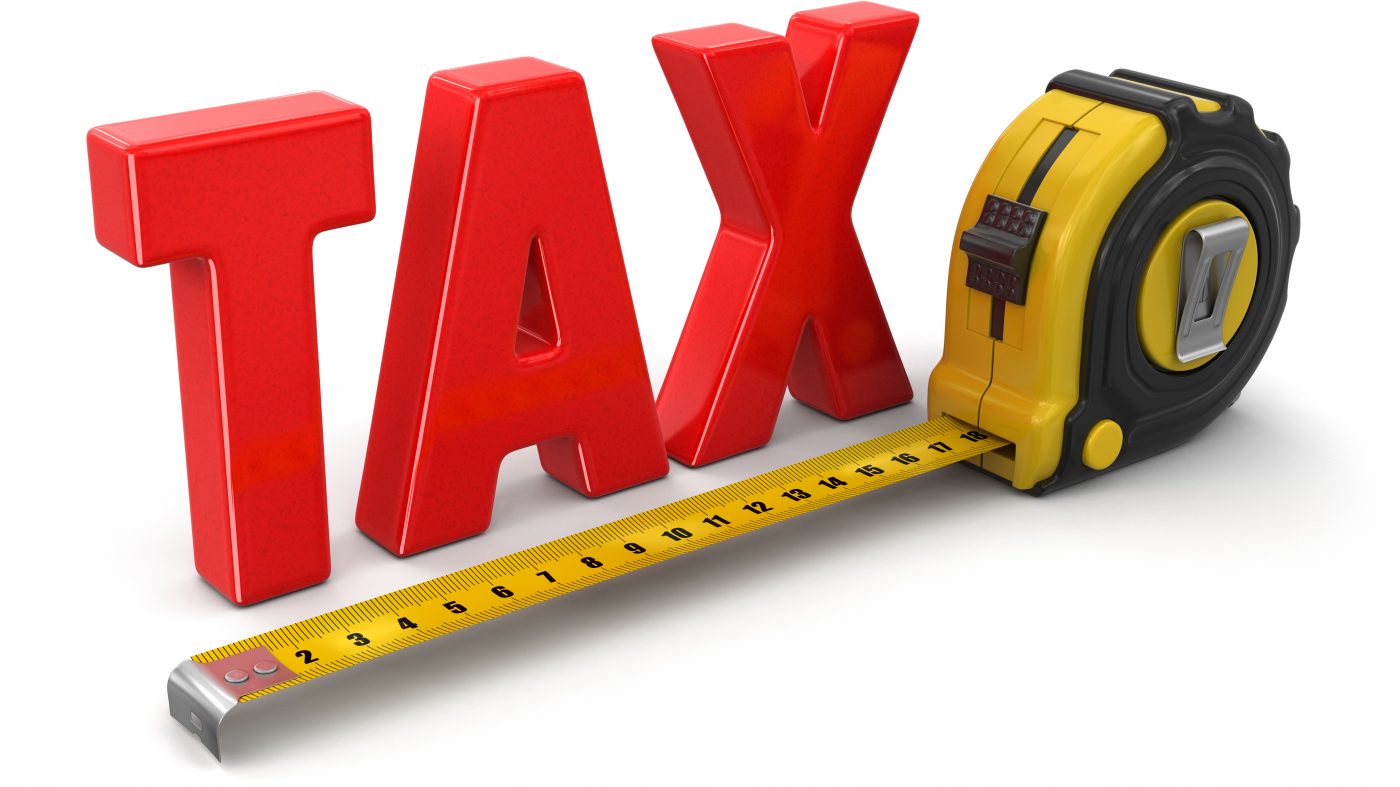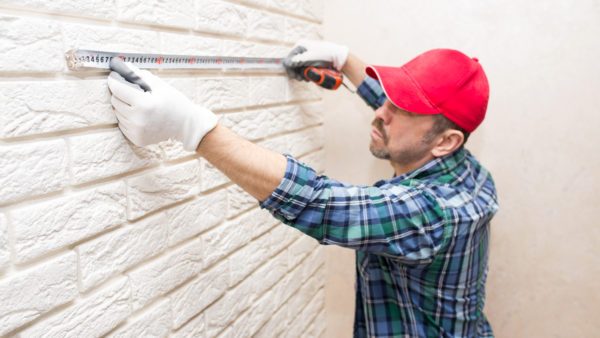THE TIPS AND PITFALLS YOU NEED TO KNOW ABOUT
“Ahh, no need to think about tax returns until January…”
Right?
Afraid not. The reality is that staying on top of your finances and expenses, year-round, is the best way to avoid the dread when that deadline starts looming again.
If you’re not one of those people who is good at organisation you might be thinking this is easier said than done. The task might seem even more daunting if you’re one of the 35% of tradespeople who have dyslexia.
Don’t worry, help is at hand. We’ve been chatting to the team at Exchequer Accountancy who are working to simplify the tax returns process for tradespeople and help you spot the common pitfalls.
In a nutshell, the process boils down to four steps:
- Collating and organising (payslips, receipts, bank statements and so on)
- Sorting your expenses (and knowing what you can and can’t expense)
- Filling in the tax return
- Chasing HMRC once it’s submitted (if needed)
We’ve explained it all below but you might also be interested to know that Exchequer Accountancy can do it all for you, while providing straightforward, no nonsense guidance that’s simple to understand.
Collating and organising
It sometimes feels like being a trade is designed specifically to make tax returns a nightmare.
You’ve got documents from working on the books, being self-employed and maybe some casual jobs thrown in. That means you have to sift through everything from P60s to payslips and IOUs written on bacon butty van receipts.
A good place to start is with your bank statement. Print it off, if that’s easier, and look for each time money has come into your account. Use that info to then track down the relevant document.
Top tip: keep all your documents in one place, even if it’s as simple as throwing them all in the same drawer until you need them. Make the most of apps on your phone which can “scan” documents with a high level of detail, too.
Expenses
Don’t listen to your mate who claims to have “whacked his brand-new Xbox on expenses” – if he did, he shouldn’t have…
As a rule of thumb, you can expense things that you wouldn’t have bought if it weren’t for work – especially if you’re away. For example, a meal out isn’t generally something you’d expense, however if you’ve grabbed a bite in a hotel because you’re working on a job on the other side of the country, it’s a different story.
Think about things like accommodation, PPE, food and mileage/travel expenses.
Top tip: use an app to store all your receipts and photograph them as you go. Better than fishing their crumpled remains out of the footwell of your van eight months later.
Filling out the tax return
OK, so here’s when it can get tricky. Although HMRC seems to think it’s worded everything as clearly as possible on its website, we all know it can be anything but.
On top of this there are the penalties for getting it wrong, so it’s definitely worth treading extra carefully.
Many trades see paying an accountancy company, like Exchequer Accountancy, a small price to pay (literally) in return for peace of mind. We can vouch for the fact that they’re not your average stuffy accountant in a suit. You can even ping them all your receipts over WhatsApp.
If you’ve decided you’re going it alone, give this from the Money Advice Service a good read through first.
Chasing HMRC
Once you’ve submitted your tax return, you may need to chase HMRC for your rebate. Do this about once a week until you get an answer, and be persistent. It’s your money, after all.
Remember, you can start your year’s tax return from 6th April, so think about filling it in as you go. You’ll feel very pleased with yourself when the deadline rolls round and you have everything ready.





